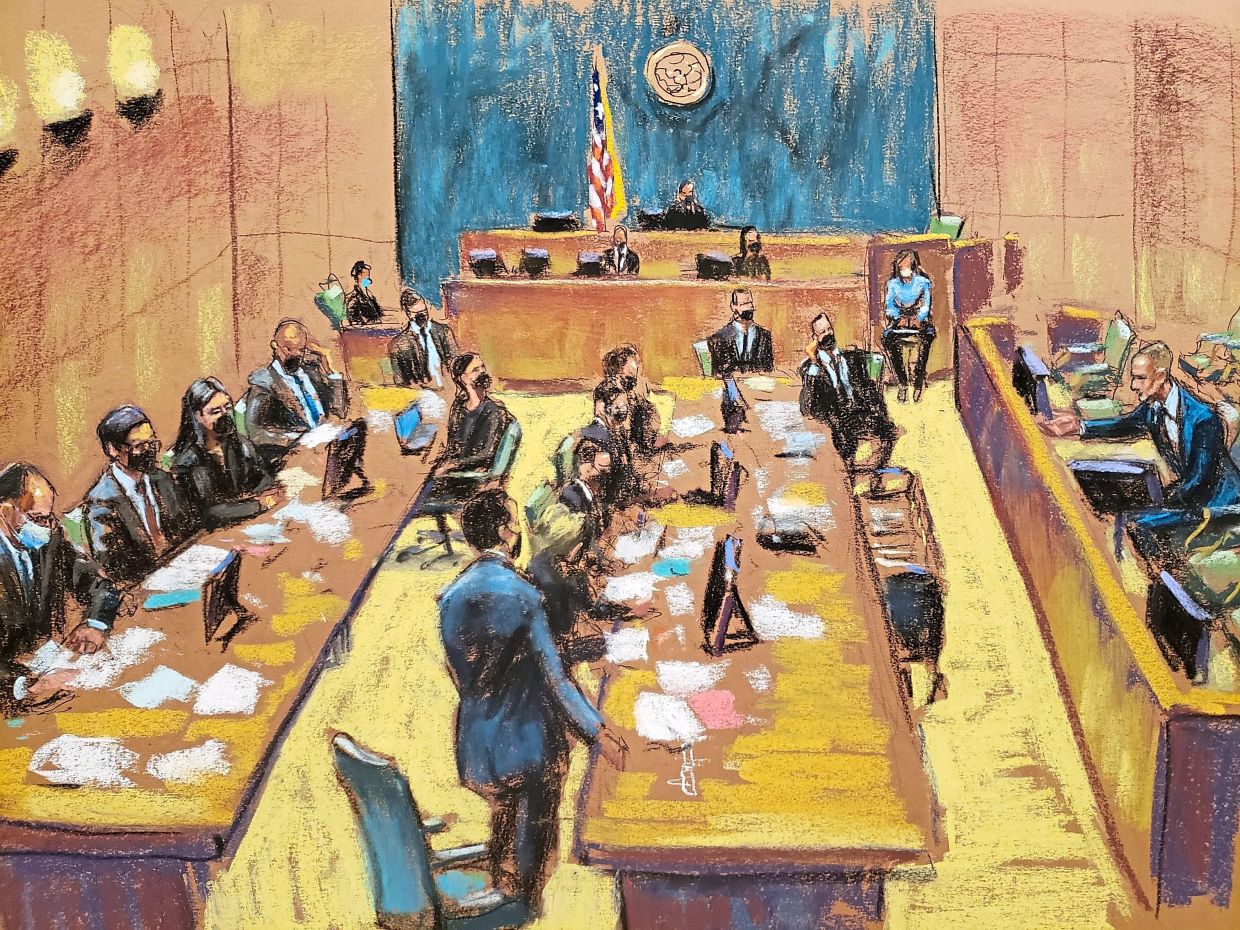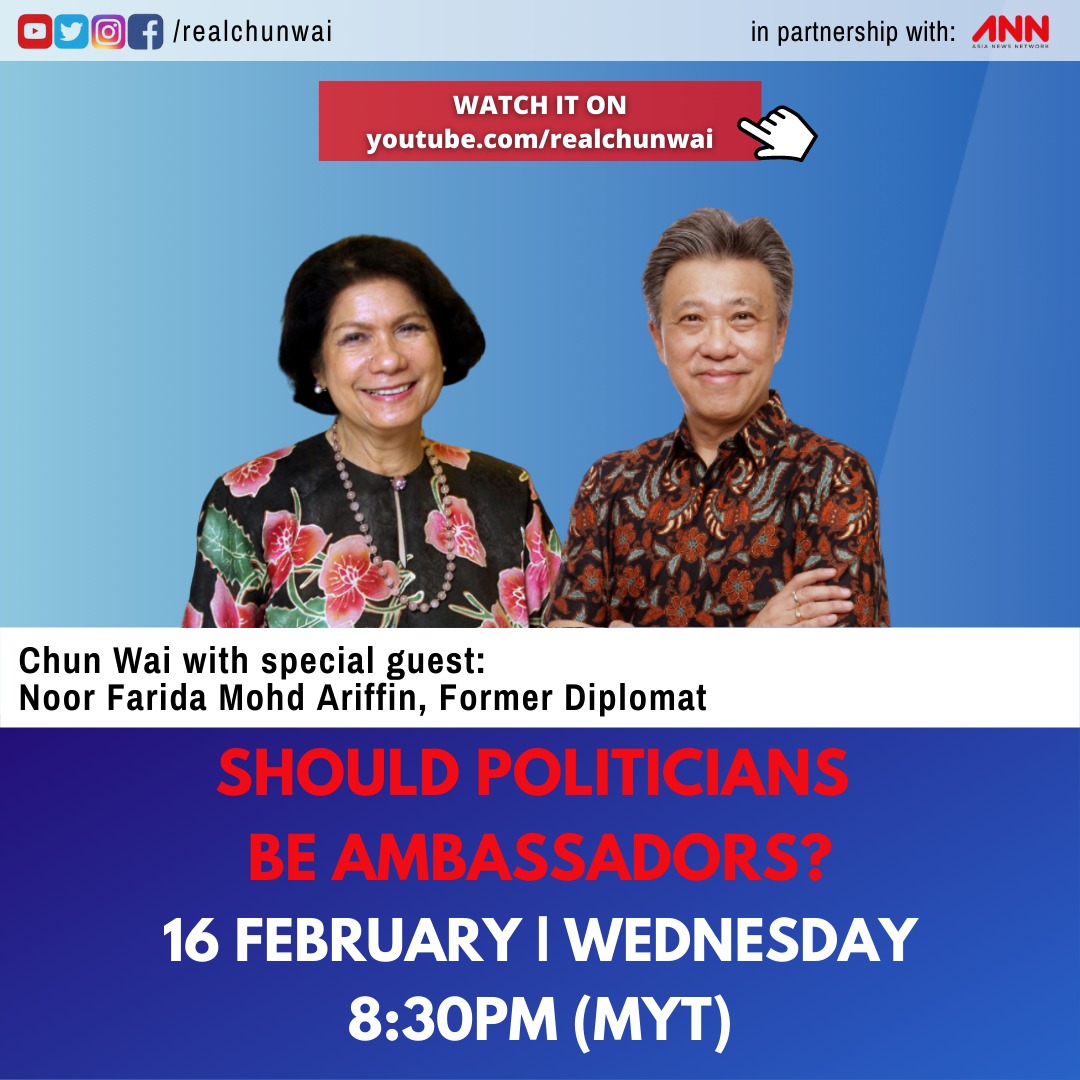THERE can’t possibly be a valid reason for war in any shape or form. Call it aggression, invasion, occupation, liberation or special military operations. Any which way you slice it, it’s still war, and the lives of innocent people are ultimately destroyed overnight.
So, there can be no justification for Russia invading Ukraine.
All the nations – or rather their leaders – that have been embroiled in wars always have the same narrative.
They all did it (hypocritically) in the name of protecting national interests, but in truth, it has always been about competition over territory and resources, historical rivalries and grievances, or unfortunately, defending against an aggressor.
Those clued in to history will know that these are chronicles of the victors in wars. The winners are always the good guys in our textbooks.
So, when the colonists landed on our shores to plunder our natural resources, they used the word “discovered” as if there were no people or rulers before they came to loot.
The Orientalists, European writers, and designers in the history of the Eastern world, justified their actions supposedly because there were no established administrative and judicial systems before they arrived.
These historians have even used the maxim “Gold, God and Glory” to justify their exploitations, conquests and expansions by Europeans, especially the British, Spanish, French, Dutch and Portuguese.
At the turn of the 20th century, imperialism took a different form via economic control through a mode of global governance and institutions, which exerted dominance over most developing countries around the world.
Hypocrisy by the superpowers isn’t something new. Ukraine is not Russia’s first conquest as it invaded Afghanistan from 1979 until 1989, which was 10 long years.
The war led to massive destruction and untold misery for the beautiful country and its people.
The war took the lives of 15,000 Soviet soldiers and injured 35,000, while two million Afghan civilians were killed.
To fight the Russians, the United States provided arms to resistance fighters, the Mujahedeen, who ironically, evolved into Taliban terrorists and turned their guns on the US instead after the Russians left.
And there was the invasion of Iraq and Libya in 2003 by the US and UK led coalition, which was supposedly “to disarm Iraq of weapons of mass destruction, to end Saddam Hussein’s support for terrorism, and to free the Iraqi people.”
Let’s serve this straight up – it was simply an invasion to get rid of two leaders who didn’t align themselves with the West. And to possibly steal the country’s oil.
We all know there were no weapons of mass destruction, evidenced by the findings of a UN inspection later. However, there was mass destruction indeed, but of the two countries and its people.
And worse, terrorists in the form of the Islamic State took over these places and plunged the nations from dictatorship to hell holes as they came under Isis rule.
Even stranger still, the US occupied Afghanistan for 20 years shortly after Al-Qaeda’s attacks on Sept 11, 2001.
It was a war against terrorism, but the invasion took more than 170,000 lives and ultimately failed to defeat the Taliban.
Likewise, the US invaded Vietnam in 1965 and by the time it finally withdrew in 1973, more than 58,000 Americans had lost their lives senselessly. Yet today, some consider Vietnam to be a potential ally of the US, especially in the geopolitical context of territorial disputes of the South China Sea and the containment of China.
Again, as the interests of powerful nations gain priority and their leaders compete, countries like Syria and Yemen continue to suffer. But how many of us are concerned by their predicament?
Maybe these nations are considered unimportant to the West.
There have been many major wars since World War II (1939 to 1945), which seem to have been unceremoniously ignored by some international media covering the Ukraine invasion.
In fact, the Bosnian War from 1992 to 1995 saw the ethnic cleansing of Bosnian Muslims by Serbs.
The comments of some Western TV reporters reek of racism, especially when they express concern that these Ukrainian refugees “look like any European family” and “they seem so like us.”
They’ve conveniently forgotten that Bosnians are also Europeans and look like white folks, except they’re Muslims.
It’s the same with the plight of the Palestinians, who have suffered systematic and methodical genocide since the 1940s, with almost incessant attacks on them by Israelis.
Western nations have all looked the other way as bombs continue to rain down on innocent Palestinians.
It’s not just the Western powers but Arab leaders preaching Islamic brotherhood, who don’t even want to lift a finger to help them.
The Arab world, by and large, only issues condemnations every time there is an attack, but it remains just words, and not actions – at least so far.
In fact, the United Arab Emirates, Bahrain, Sudan, Morocco, Egypt and Jordan have diplomatic ties with Israel.
Let’s not forget that Israel invaded Lebanon twice – in 1978 and 1982, and again bombarded Lebanon in 2006.
What has happened in Ukraine is the result of a geopolitical fight beyond the comprehension, care and understanding of the common people in Ukraine and Russia.
The people in Ukraine speak Russian and many have relatives and friends in Russia. After all, it was under the Soviet Union previously.
I’ve had the privilege of visiting Ukraine, including cities like Kyiv, Odessa and Crimea, and I have fond memories of this incredible country.
I have Ukrainian friends in Malaysia who have shared their fears for the safety of their families stuck in the country or have refused to be refugees because they would rather die in their own homes.
The leadership and people of Ukraine have chosen to be with the West, and it must have stoked Vladimir Putin’s fears that it will join Nato and have its military powers parked next to Russia.
Regardless of the logic and nonsense of it, the inflated egos of powerful political figures, coupled with their insecurities, have caused misery to common civilians.
Any form of aggression, by any country, is unacceptable. So, we need to find a place in our hearts and pray for the people of Ukraine – without forgetting other people in similar situations.
It has been reported that there are at least three dozen countries that are now at war or in conflict.
All these refugees don’t deserve to be in these positions because of stupid leaders.
As for Ukraine, it was Putin who started the war, so he must end it. This meaningless war should never have happened in the first place.














